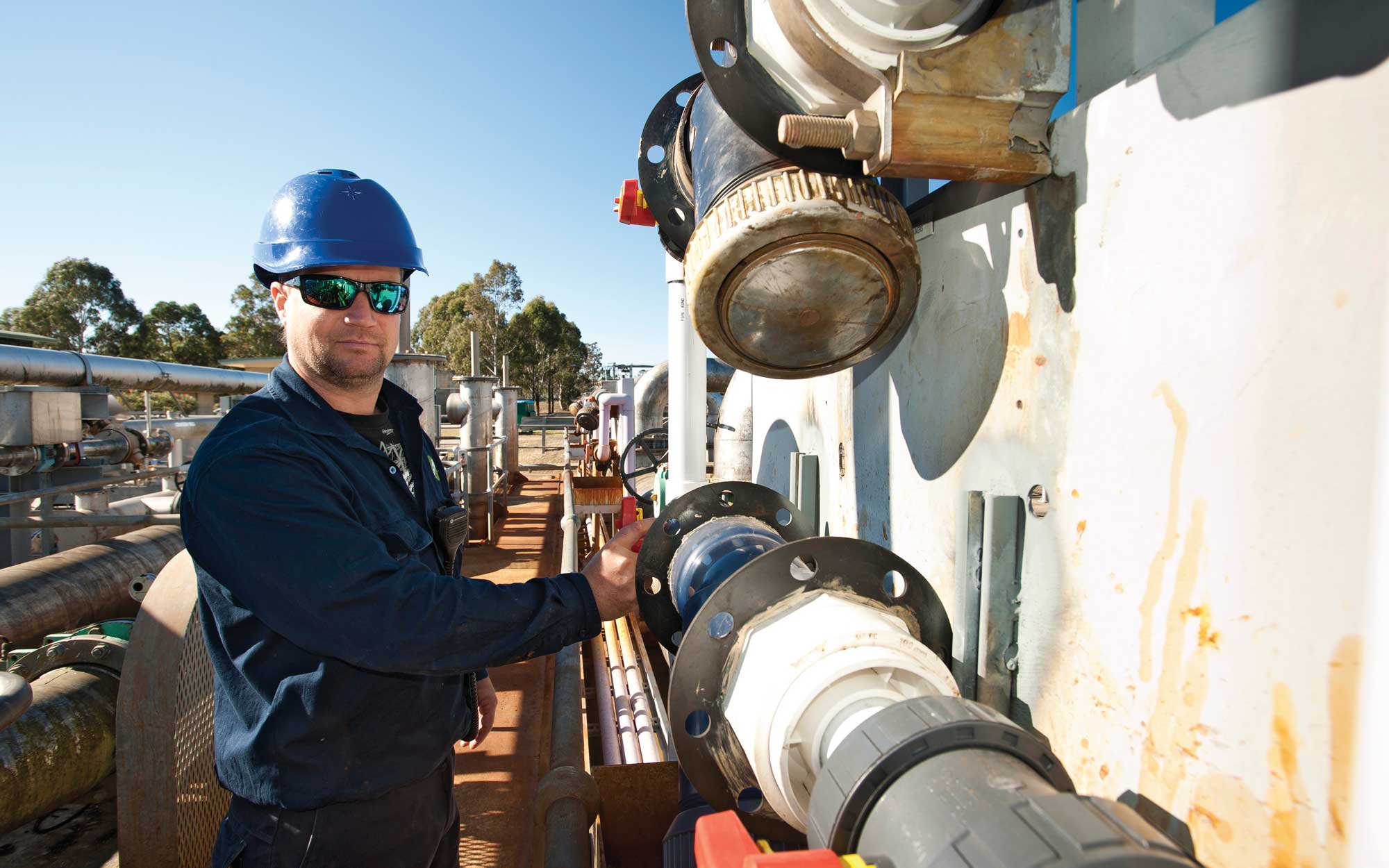Ensuring adequate revenue
Sound pricing and prudent financial management ensure that local water utilities have enough revenue to deliver their services to appropriate standards over time, so water supply and sewerage businesses are financially sustainable.
Pricing should also send clear messages to customers about the financial and environmental implications of their service usage, encouraging them to use these resources efficiently.
Expectations for water supply and sewerage pricing
A local water utility’s water supply and sewerage prices should:
- recover its efficient costs of providing water supply and sewerage services to customers
- be cost reflective, fair and equitable, and structured to promote efficient investment and consumption decisions, including the efficient and sustainable provision and use of water supply and sewerage services.
- remain reasonably stable over time and consider affordability and impacts on customers.
The department’s guidance on the strategic planning outcome of sound pricing and prudent financial management provides further pricing guidance
‘Ring fencing’ of water supply and sewerage business funds
A local water utility is required to ‘ring fence’ the water supply and sewerage business funds from the council’s general-purpose fund under section 409(3) of the Local Government Act 1993.
Developer charges
Developer charges are integral to the fair pricing of water supply and sewerage services.
Councils can levy developer charges to recover part of the infrastructure costs incurred in servicing new developments or for additions and changes to existing developments.
As a part of the cost-reflective, fair and equitable pricing, developer charges should recover the incremental costs to a utility of servicing a new development – that is, the costs a utility will incur in servicing new development above the ongoing revenue that it will receive from customers in that development over time.
Local Government Councils can levy developer charges for water supply, sewerage and stormwater under Section 64 of the Local Government Act 1993 by means of a cross-reference to Section 306 of the Water Management Act 2000.
Under section 306(3) of the Water Management Act 2000, the Minister has issued the Developer Charges Guidelines for Water Supply, Sewerage and Stormwater. They apply to all council-owned local utilities apart from the Central Coast Council. Central Coast Council’s developer charges are regulated by IPART.
Development servicing plans
To levy developer charges, a utility must outline developer charges and related information in development servicing plans (DSPs). Utilities must register all DSPs with the department and publish them on the utility’s website.
The department may exempt utilities with growth of fewer than five lots each year from the need to prepare DSPs. The strategic planning outcomes on sound pricing and prudent financial management under the department’s Regulatory and Assurance Framework (RAF) includes the department’s expectations to have developer charges in place.
Regulatory and assurance framework
The regulatory and assurance framework is designed to make sure that local water utilities manage risks effectively and strategically. It applies to local water utilities in regional NSW.
